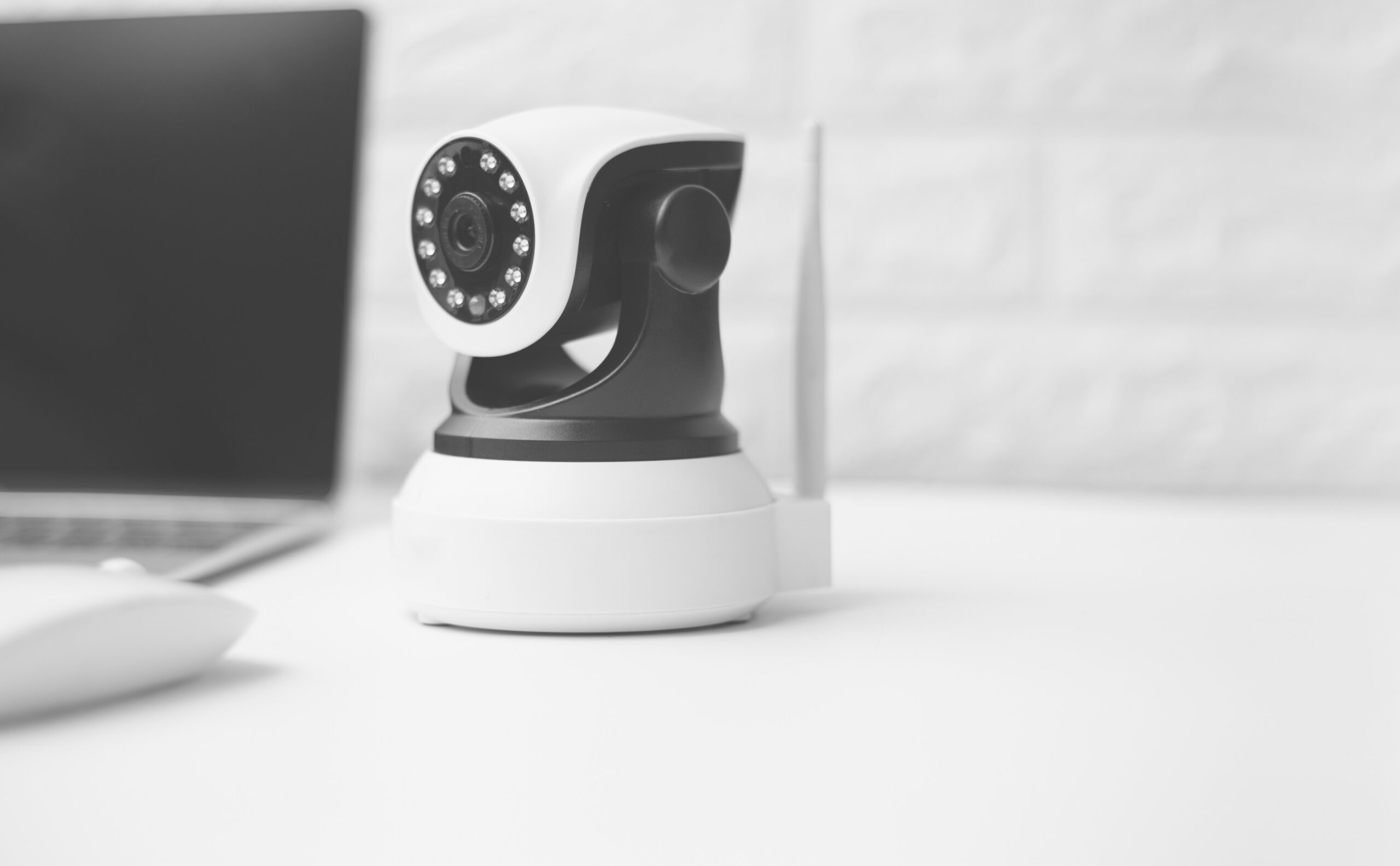The ethical conundrum of monitoring remote employees

Cyber surveillance of employees working in a hybrid work arrangement via company-provided equipment is on the rise, provided adequate legal notice is provided to employees. While organisations claim this is necessary to monitor productivity, when is the line that divides the legality of monitoring employees crossed?
“Some employers do not think about the legality of workplace surveillance, let alone which surveillance activities are reasonable,” said Professor Peter Leonard, a Professor of Practice for the Schools of Management & Governance and Information Systems & Technology Management at University of New South Wales (UNSW) Business School.
Between the different states in Australia, the legality of monitoring employees who work remotely vary, and the Workplace Surveillance Act NSW mandates that organisations inform employees 14 days ahead of time if they intend to surveil employees.
“If you are working from home and you are using equipment or online services provided at the expense of the employer, then, with prior notice, the employer can undertake surveillance,” Professor Leonard, a founding partner of Gilbert + Tobin Lawyers, told UNSW Sydney.
READ MORE: Digitalisation surges among SMEs in India
As Professor Leonard acknowledged the concern amongst employees about employers spying on their activities, he called upon employers to ensure that remote staff maintain current operating systems and practices such as installing up-to-date security software as a safeguard for both employees and the organisation.
Employees who are concerned about these practices should ask their employers for a full description of those practices and associated policies and reconsider their choice of devices for personal activities should they be unhappy about the possibility of workplace surveillance, he added.



